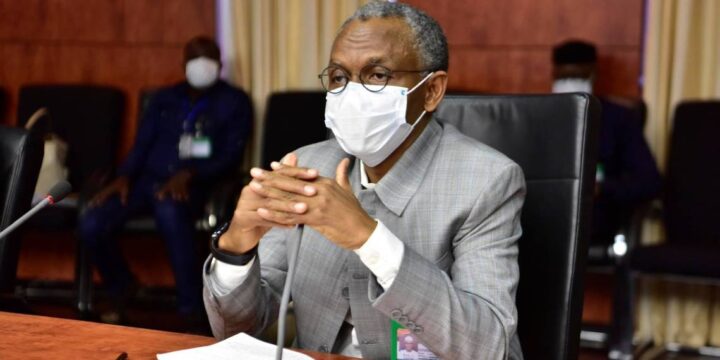BY: OLUSOLA OWONIKOKO
The popular narrative during the 2020 lockdown was that the economic aftermath can be managed quickly and normalcy would return in only a matter of weeks. But months later, the economic slump triggered by COVID-19 has lingered and—according to studies—will linger for years. The International Finance Corporation (IFC) estimates that foreign direct investment and domestic private investment in many emerging economies will drop by about $250 billion and $700 billion respectively.
The prediction is, these figures will not revert to pre-Covid heights until 2023. Governments must optimize their recovery plans to capture long-term realities.
In my estimation, the global economic recovery will be largely private-sector driven. Of course, this doesn’t take the responsibility off the government’s shoulders. It only means that the government’s role, more than ever, is to provide the enabling environment for the private sector to thrive, and see to the proper distribution of wealth.
The first step to do that is to preserve the viable part of the private sector. The government must work to accelerate private investment by implementing policies and regulatory reforms that soften its soil for business while generating bankable projects. Policies that promote the quick recovery of the private sector, especially the MSMEs are urgently needed.
Advertisement
This will help catalyze the recovery of the private sector to generate as much value as before COVID, that the State can distribute to its stakeholders, including keeping unemployment from rising. The ripple effect of unemployment on the socio-economic status of the country could be indirectly addressed).
My argument in favour of a private sector-led development and recovery agenda is mostly driven by two the interplay of two important points in our context: the reality of an inefficient State in reaching the populace, most especially the those living in extreme poverty in developing country context; and a competition-driven market.
It is not as though the private sector alone is the messiah, but the production, and distribution capabilities of the sector in terms of the ability to generate, capture and deliver both short- and long-term value for its internal and external stakeholders cannot be underestimated. For example, the private sector is more likely to be present in every community (low-income, hard-to-reach, and marginalized communities), no matter how remote, compared to State actors.
Advertisement
This should not necessarily be so, but it is the reality in many developing countries. This rich grassroots distribution network alone will be very helpful in combating the economic impact of the pandemic in rural areas.
Corporate sustainability and social performance initiatives are other useful support systems that host communities of businesses can leverage on for quick recovery from the impact of the pandemic-induced recession.
Albeit, beyond the effort of the private sector in driving economic growth, and ensuring it translates to development outcomes for everyone, the need for public-private sector partnership can be more far-reaching. This collaboration will definitely be even more strategic in addressing the socio-economic aftermath of the COVID pandemic, beyond plans on paper to practical impact on the common man.
Owonikoko is a serial-entrepreneur and a trained international development practitioner who has worked on projects by USAID, DfID, World Bank/IFC. He tweets @SolaOwonikoko.
Advertisement






